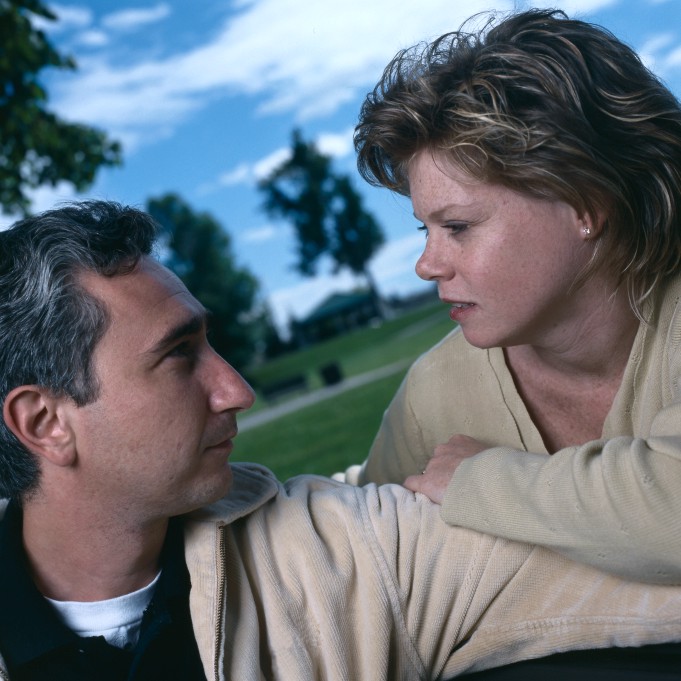|
(This color scheme is meant to remind you of strong trees on a sunny day. Hopefully it does.) For "Secondary Survivors"--Close Supporters of Victims of Sexual Abuse  Helping yourself helps the survivor There is no reason to feel guilty or selfish for taking care of yourself and your feelings. It is normal to feel ahsamed, frustrated, guilty for not being able to protect her (although you did nothing wrong), helpless, overprotecting, retaliatory, like you’ve lost intimacy, or like your life was disrupted. In reality, life WAS disrupted--for both of you. You have to work hard at putting it back together. But together, you can. 
What survivors want you to know... Even if we are safe now, we still may be very afraid of our abuser no matter how impossible it is for them to hurt us again. * Don't try to excuse the abuser's behavior. * If you are uncomfortable talking about the issue, let us know. Let us know it is not us you are uncomfortable with, just the abuse. * Not all survivors are alike. What works with one may not work with another. Please don’t compare us. * There are some things we may not be able to remember until a long time after. * Telling us it is not our fault may help to lessen the guilt of shame, but it can't take it away. * The healing process for a survivor may take years. We may be in and out of counseling several times. * We may be triggered by any odd thing. I can’t stand the sight of a strange bed (unless it’s a hotel room). * We are very fearful. If you can, avoid startling us. I peeked around every corner for months after it happened. In a strange place, I sometimes still do.  What to say to a sexual abuse survivor: “Can I do anything for you?” “Do you need anything?” “I'm always here if you want to talk.” “I'm sorry this happened to you.” “It wasn't your fault.” “What you want to do about it is up to you.” “You don’t have to go through this alone.” “You survived, you must have done the right things.” “Thank you for telling me.” What NEVER to say to a survivor: “It’s not that bad.” (Someone actually said this to me recently.) * “It's not that big of a deal; it happens to lots of people.” (Victims have suffered a fate worse than about 75% of people. It is a VERY. BIG. DEAL.) * “It's time to get over it already!” (After 3 years, people say this to me, and it is stamped in my head and makes me feel RETARDED. Please don’t say this to a survivor.) * “It was your fault.” * “It would not have happened if you ____________.” * “Are you sure that what you said happened really happened?” or in other words “I don't believe you.” (that's the very worst thing to say) 
Do’s and don’ts for the healing process
DO allow her to tell you as much or as little as she needs.
|